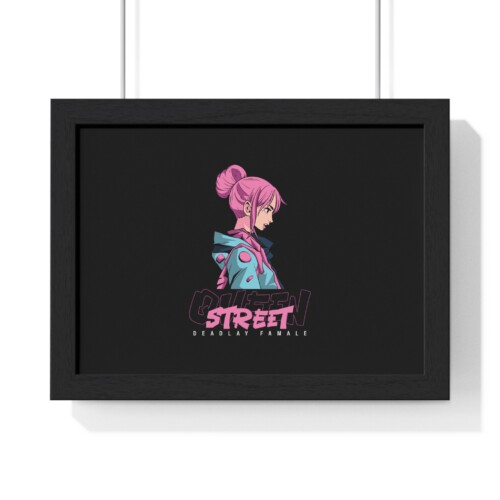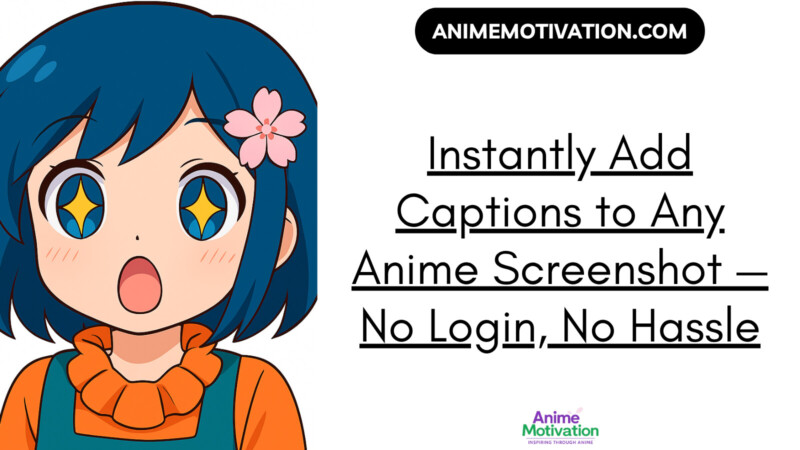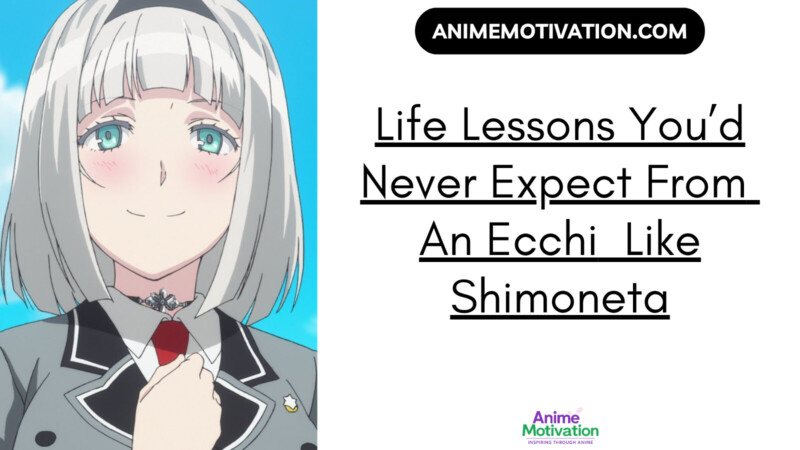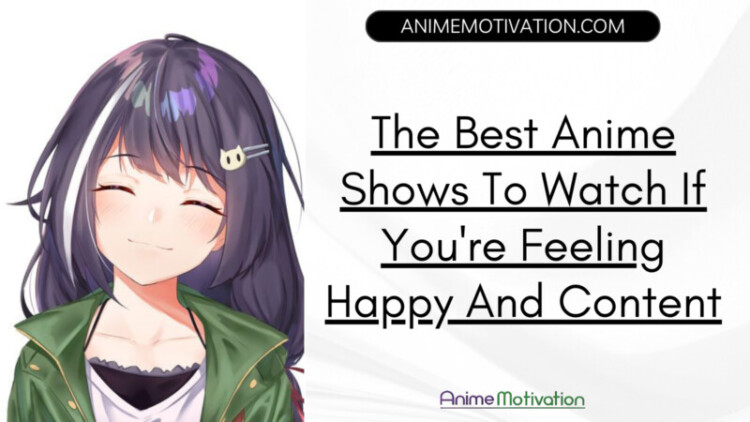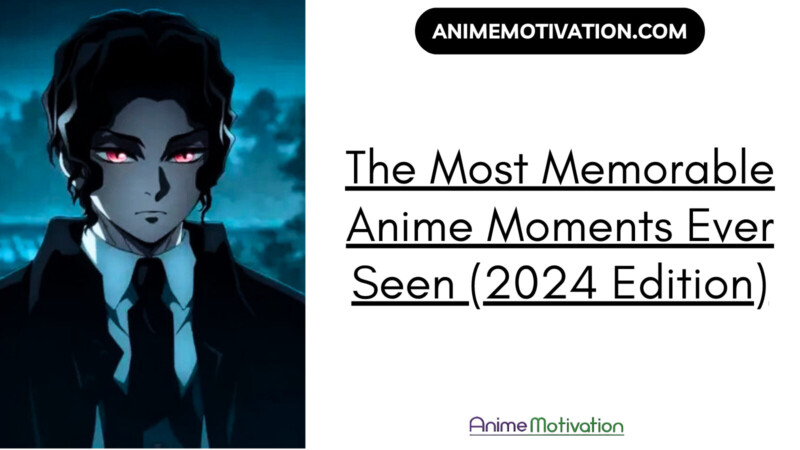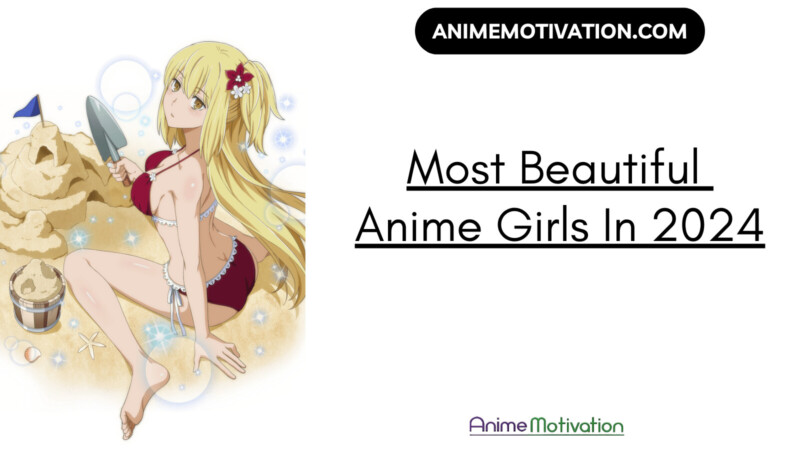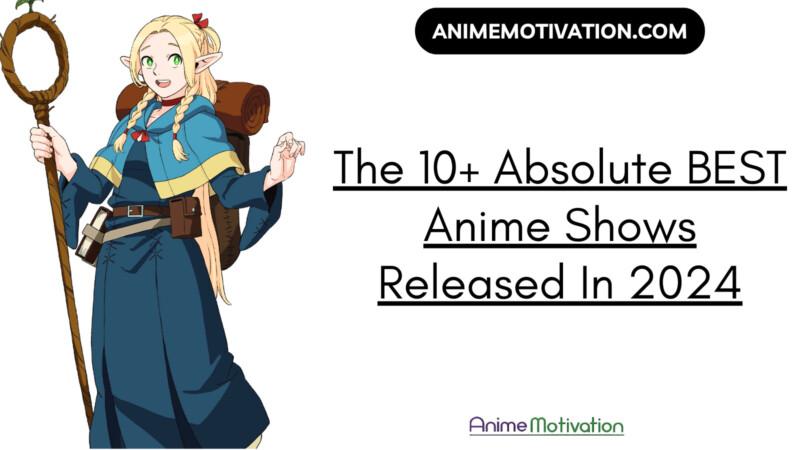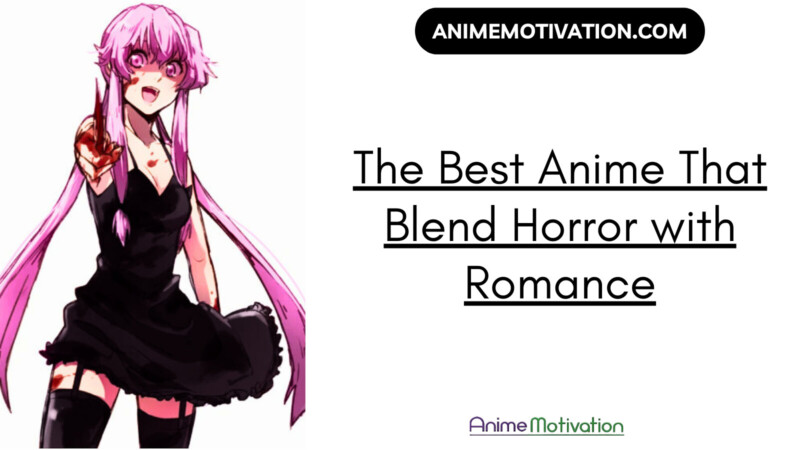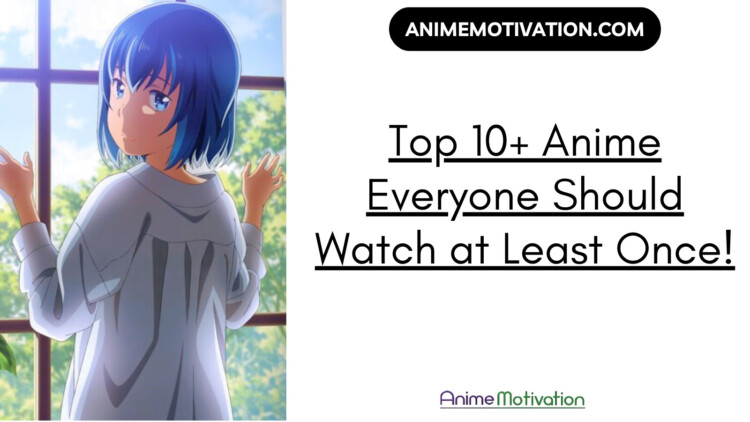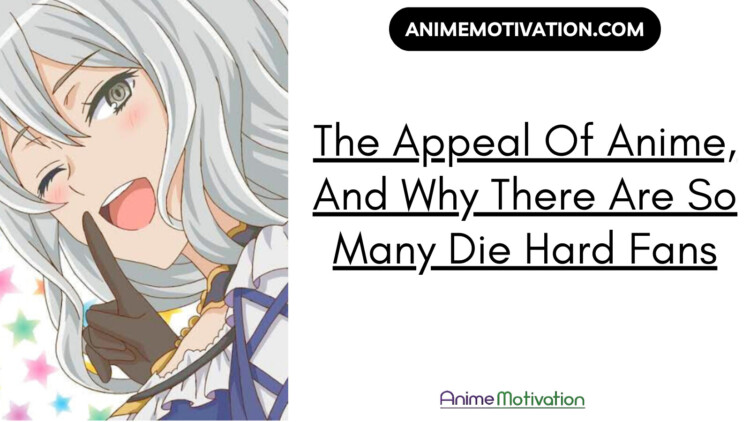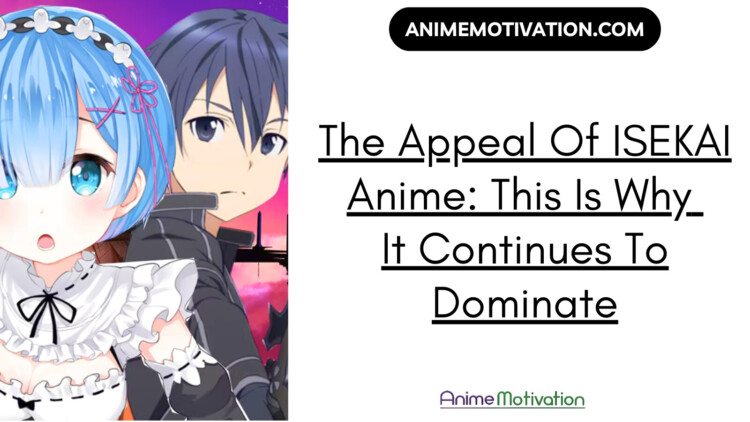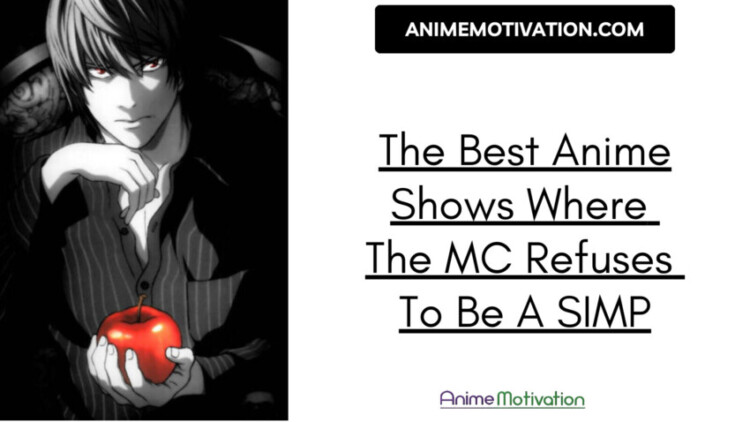Clickbaiters, outrage nutjobs, and people who’s entire business is built around hype and bullshit seems common in the Anime community.
The worst culprits for this are YouTubers. Anime fans themselves have said it 1000’s of times on the internet.
Next in line is anime news sites. Some who are culture vultures, and others who are built off HYPE.
Beyond that – you have sites that write about anime (along with other topics) who are known for anime clickbait.
What is anime clickbait?

“Clickbait” I admit is a term that’s misused and abused.
Most people think anything with a good title or image is “clickbait”, but that’s not how it works.
Clickbait is anything that’s MISLEADING. It’s really that simple.
The type of headline where once you view the content, it doesn’t reflect or even relate to the content in the headline.
Sometimes titles with a cliche format (you won’ believe, etc) are considered clickbait.
Anime clickbait on YouTube is different

You’ll see this a lot on YouTube accounts. Dumb, stupid, over the top and “forced” facial expressions to make people CLICK.
The types of faces you wouldn’t even do in real life because it’s all an act like you’re playing a role in a film.
But “corny” has no correlation to clickbait. It’s whether the title is misleading, insincere or creates fake outrage.
How anime clickbait affects outrage culture

Soranews dropped this article the other day.
The headline is this:
Does anime need to start being more politically correct for overseas audiences? Twitter debates
The author starts by saying:
“Japanese animation has long had a reputation for pushing the boundaries of what’s acceptable, but is it pushing too far these days?”
Pushing too far for who? (The loud minority, of course).
They go on to say:
“As access to anime gets easier and easier, its overseas audience is continually expanding beyond people who grew up with or have an interest in/affinity for the set of Japanese societal values reflected in the medium. Because of that, there’s been increased debate as to whether or not anime needs to be more concerned with the idea of political correctness.”
While I feel the writer has good intentions, THIS type of headline is misleading. The writer is from the US originally, which explains a lot.
Twitter is NOT debating this topic. It’s literally a minority of people in the west crying about how politically incorrect anime is, or a handful of Japanese bending the knee to their rhetoric propaganda.
Only now is Twitter “debating” anime’s political correctness BECAUSE Soranews’s article is doing the rounds on
Intentional or not, this is manufactured hype.
No.
Japan needs to continue to be Japan.
Western needs to stop prettending it’s idelogies are morally superior to the rest of the world.— Dante (@danterann) February 23, 2020
This tweet says it all.
Pokémon anime accused of whitewashing: https://t.co/cjcZTYoUGv pic.twitter.com/9GSmWCyEOQ
— Kotaku (@Kotaku) February 20, 2020
Kotaku is another culprit with a misleading title.
On Feb 20th 2020 they created a post called “Pokemon anime accused of whitewashing”. The reason It wasn’t covered here on Anime Motivation, is because after looking into it – it wasn’t REALLY an issue to begin with.
Nobody complained about it, except 1 or 2 accounts on Twitter (at most). Kotaku’s clickbait has blown it out of proportion and created an issue that isn’t even real.
Even now there’s hardly anyone complaining, Kotaku just manufactured hype for clicks.
This feels like one of those ‘controversies’ where like 10 random people were complaining about something dumb but people on Twitter wanna act like it was a-lot of people.
— aster 🐌 (@AsterShock) February 21, 2020
Yep. No need to give it articles. These people want attention, and this stuff will continue if outlets continue to give them what they want
— Bobo (Thank you friends!!!) (@Squirtle_fan01) February 21, 2020
Some people seem to “get it” and understand the blatant anime clickbait that’s going on here.
How anime clickbait gives “power” to FAKE outrage culture:
1. It creates outrage out of thin air
Friendly reminder to not give any clicks to clickbait
websites that stir sh*t up out of nowhere to get people to read their garbage https://t.co/9oRco0FxG9— Okabe (@AnimeMomsFan) February 21, 2020
Going back to the Kotaku article again – like this Tweet says: they’re stirring sh*t up for clicks.
Pokemon’s so-called “whitewashing” backlash isn’t and wasn’t a real thing.
Kotaku CREATED it.

What’s crazy is how there’s over 400+ comments and how close it is to almost half a million views.
And this is on top of the fact none of this was an ISSUE to begin with.
Kotaku used their influence to create “fake outrage” and only now is it a topic people are “supposedly” outraging about.
This is disingenuous
It creates outrage out of thin air, which then gives POWER to the handful of people crying about a non-issue.
Or even in cases where nobody is even complaining until the “fake outrage” is created by so-called journalist and unethical
If it’s REALLY an outrage then it makes sense to report on it. But if no one is outraging, you’re just doing it for clicks, views, at the expense of spreading lies and causing controversy for the sake of it.
2. It gives the LOUD minority a platform
Shield hero has controversy? ADDED TO THE WATCHLIST pic.twitter.com/fKhLDnTdX4
— XFL/Asuna Stan (JMX) ✨ (@JMXico_) January 12, 2019
Sometimes speaking AGAINST outrage culture is 100% necessary. You can’t let certain things and people push false narratives and spread lies.
The attempts to do this against anime are comically more frequent these days.
In 2019 it had REAL outrage and controversy surrounding it. Feminist sites (and SJW’S on Twitter) went all out attacking the anime. Claiming the false rape allegation against the main character was toxic.

This was a real thing, so in cases like this you gotta do what you gotta do.
Even Anime News Network took part in pushing a narrative.
The opposite is true when it’s “not” really an outrage
Tell you what… fake outrage is bad. It makes you look like a f*cking clown… #Manga #Anime #FakeOutrage pic.twitter.com/5vethoDOQ2
— Kevin vILLa (@TheDreadfulLord) October 29, 2019
Take this Tweet as an example.
Someone complained about
They mention Dragon Ball as if they’re a fan, but then cry because

This is the fake outrage that should NEVER be given a platform
By giving fake outrage a platform, or outrage that’s really a few people complaining – means giving these people a platform to spread lies, toxicity, and their agendas.
It’s dumb to report on this type of sh*t if it’s not really a thing. That’s the type of insincere crap clickbait sites, bloggers and “journalists” are known for.
These types of anime clickbaiters only make things worse and can cause more harm than good.

Now don’t get me wrong – I’ve been caught up in controversy BECAUSE of point #2.
I reported on a fan of RWBY who committed suicide back in 2019. I was the only one to report on it since I caught it first (no site covered it).
By giving this person a platform – it turned out it was a troll creating fake news for attention.

They deleted their account, and it was confirmed to be a hoax.
This news story BLEW UP all over Twitter and the internet.
#rwby so the suicide apparently is a hoax and yet #rwby fandom still been threatening Hero Hei rather then gathering information on wither it’s true or not? The suicide may have been false the toxicity of the fandom is proven true. https://t.co/wOhdUId8EU
— Psycokittypaws💜 (@trickylilwitch) November 7, 2019
The point here is this is why giving fake outrage or trolls a platform is DANGEROUS.
It might have driven an insane amount of views to this site, but at what cost?
Some anime influencers prostitute their attention so much, they don’t care about the consequences. But it’s a trend that clearly does more harm than good. Especially when it’s intentional.
We should:
- be more thoughtful
- or straight up ignore sites that create problems and fake outrage for their own personal gain.
Speaking out against outrage is a double edged sword and shouldn’t be done carelessly.
–
Recommended:
So Called Anime Journalism, And How Everyone’s In It For Clicks
This Is Why Anime Will Never Be Politically Correct



